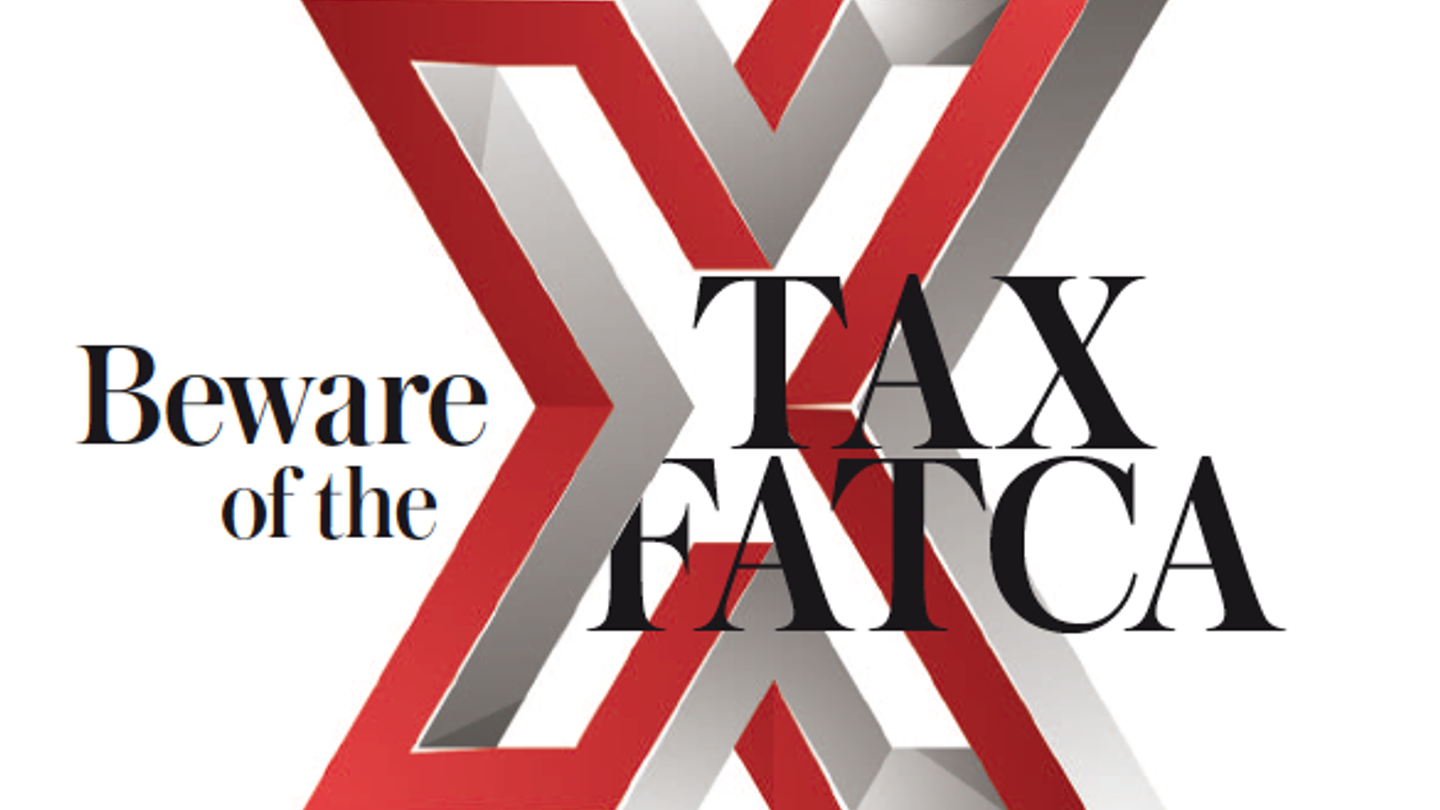
Beware the tax fatca

CFOs and treasurers in Asia-Pacific have largely taken the view that US Foreign Account Tax Compliance Act (Fatca) is something only banks or US multinationals need to worry about. This is not the case; if you make international payments, you could be caught in its complex compliance web.
Fatca is the culmination of US tax regulator’s efforts to ensure that income earned and assets held by US persons in offshore accounts, or indirectly through ownership of foreign entities, is reported to the US Internal Revenue Service (IRS), through foreign financial institutions and their regulators.
Corporates might read ‘financial institution’ and decide to check out there, but they shouldn’t. Although Fatca distinguishes between banks and non-banks, it classifies treasury centres, non-US retirement plans that utilise financial instruments, captive insurance companies, captive finance companies (such as auto-finance companies), cash pool structures, factoring and forfeiting companies, in-house banks, those who have hedging activities, and as utilising securitisations, broadly as financial institutions, and therefore required to disclose Fatca information.
As of January 1, 2015, entities the IRS designates as Foreign Financial Institutions (FFIs) will have to show that they have made ‘good faith’ efforts to register and report Fatca obligations for all transactions dating from July 2014 onwards.
Failure to comply is not small beer, either. Non-financial foreign entities (NFFEs) that do not provide information on their substantial US owners to a withholding agent will be subject to 30% withholding tax on any payments received or made to the US once Fatca is enforced.
Missing deadlines
The IRS has pushed back Fatca compliance deadlines twice already and delayed releases about requirements for banks. On May 2, 2014, the IRS revised obligations under Fatca less than two months before the obligations were due to take effect on July 1.
The confusion is compounded by fearmongering about the law from tax lawyers and compliance firms, as well as a lack of consensus or specifics about what should be done. Even within the IRS, scepticism is prominent.
“This is a piece of legislation that is so big and so far-reaching, and [has] so many different moving pieces, and is rolling out in an incremental fashion . . . that [for years] you really won’t be able to know what its consequences are, intended or otherwise,” Nina Olson of the Taxpayer Advocate Service (an US government appointee designated to raise issues to the IRS) said at the Securities Industry and Financial Markets Association Fatca Policy Symposium on October 8.
When CT made enquiries about due diligence processes, documentation, and current Fatca enforcement, top global consultancy firms confirmed these rules were still unclear.
“There are no bright-line answers to some of these questions,” Angelica Kwan, tax specialist at PwC, said.
Regardless of the law’s confusing nature, enforcements against banks that have violated US transaction laws show that it is not safe to ignore Fatca as it develops.Many of the eye-popping fines levied against big banks in the US came as the culmination of insufficient compliance practices that metastasised over time into wilful neglect.

Bitcoin.jpg&c=1&h=180&q=80&v=20260203&w=320)
